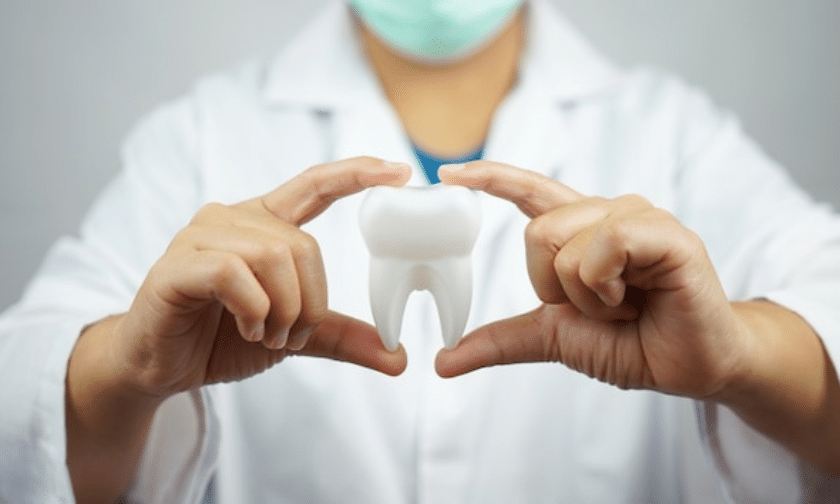Dental care is an essential aspect of maintaining overall health and well-being. While often overlooked, good oral hygiene practices not only contribute to a brighter smile but also play a critical role in preventing various health issues. Poor dental health can lead to complications such as gum disease, tooth decay, and even systemic problems like heart disease and diabetes. In this article, we will explore the fundamentals of dental care, emphasizing the importance of routine practices and the role of professional treatments in achieving optimal oral health.
From daily brushing and flossing to regular dental check-ups, understanding the various components of effective dental care can empower individuals to take charge of their oral hygiene. Additionally, we will discuss common dental issues, preventive measures, and the latest advancements in dental technologies that contribute to a healthier mouth. By fostering awareness and encouraging proactive dental habits, we can pave the way for healthier smiles and enhanced quality of life.
Daily Oral Hygiene Practices
Maintaining a consistent daily routine for oral hygiene is vital for preventing dental issues. Brushing at least twice a day with fluoride toothpaste helps remove plaque, while flossing daily allows you to reach areas that a toothbrush cannot clean effectively. Mouthwashes can also be beneficial, as they reduce oral bacteria and freshen breath. Regular self-examinations for any changes in your mouth or teeth can help catch potential problems early. Furthermore, understanding the connection between oral health and overall well-being can drive individuals to prioritize their dental care. For detailed insights into this relationship, visit this website.

Role of Professional Dental Care
In addition to personal care, professional dental visits are essential for maintaining optimal oral health. Dentists conduct thorough cleanings and examinations, identifying concerns such as cavities or gum disease before they progress. Preventive treatments, like sealants and fluoride applications, can shield teeth from decay, particularly in children. Moreover, staying informed about advancements in dental technologies, like digital X-rays and laser treatments, enhances the efficacy of dental procedures and reduces discomfort. By integrating both personal and professional care, individuals can greatly improve their oral health and reduce the risk of associated systemic conditions.
In conclusion, prioritizing dental care is a fundamental step toward achieving and maintaining not only oral health but overall well-being. By committing to daily dental hygiene practices and engaging in regular professional check-ups, individuals can significantly reduce the risk of common dental issues and their potential impact on systemic health. As awareness grows around the importance of oral hygiene and advancements in dental technology continue to emerge, people are better equipped than ever to take proactive steps in their dental care journey. A healthy mouth is not just about aesthetics; it is an integral part of a healthy body. With a focus on both prevention and education, we can cultivate a culture that values dental health, ultimately leading to happier smiles and healthier lives.



